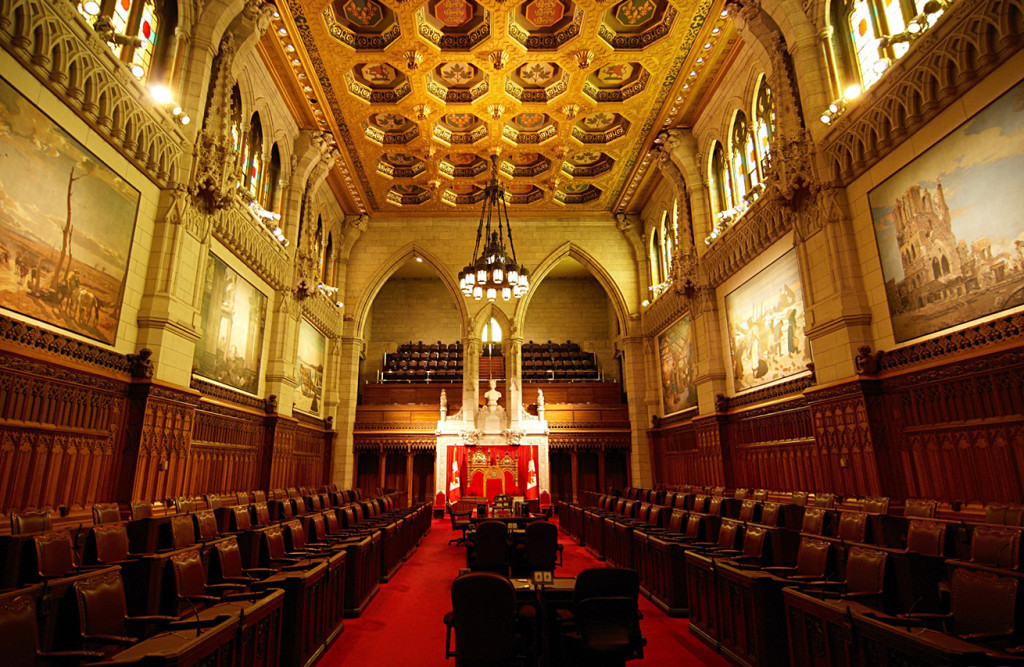Political breakup consumes Ottawa chatter as Parliament returned to session
By Patrick Vaillancourt, News Editor
Members of Parliament migrated back to the nation’s capital as Parliament resumed for the spring session. It is expected to be a raucous sitting, with a budget expected in the coming weeks, but only days into the session, it was the leader of the Liberal party who made headlines with a policy announcement that took the country by surprise.
Liberal leader Justin Trudeau announced on Wednesday January 29 that he was removing 32 Liberal-appointed Senators from the party caucus. The announcement came as a surprise to everyone in Ottawa, including the senators in question, who were informed in the opening moments of the caucus meeting.
The senators were asked by Trudeau to leave the caucus room and were directed to another room on Parliament Hill, where Trudeau announced that the Senators would no longer be sitting with the elected Liberal caucus.
Trudeau rationalized it by saying that the “Senate should be non-partisan” and that his caucus should only consist of those members who have been “elected by the people of Canada.”
“They are no longer part of our Parliamentary team. There are no more Liberal senators,” proclaimed the Liberal leader in a statement to reporters after the party’s Wednesday morning caucus meeting.
The governing Conservatives have called Trudeau’s move politically motivated and accused Trudeau of distancing himself from future scandals to be revealed by an auditor general report of individual senator expenses. Trudeau denies having any information about details of the upcoming auditor general’s report and stands by his rationale of having a non-partisan senate.
Trudeau also promised that, if elected prime minister, he would establish a non-partisan advisory panel that will make decisions on senate appointments, a power currently enjoyed by the sitting prime minister.
Pierre Poilievre, the Minister of State for Democratic Reform, criticized Trudeau’s plan for senate appointments, saying that it makes the process less democratic than the current practice.
“Not only would senators be unelected, but the people who choose them would also be unelected,” said Poilievre in a scrum with the media in Ottawa.
The current makeup of the upper house now consists of 57 Conservatives, 32 independent former Liberals, one independent Progressive Conservative, and six independents. There are also nine vacant seats in the senate which the Prime Minister can fill at a time of his choosing.
Liberals in the senate meanwhile are saying that they respect the move, but continue to acknowledge themselves as “Liberal senators.”
The senators in question are still permitted to be members of the Liberal Party of Canada, but are excluded from the national Liberal caucus. Trudeau says that the 32 senators will not be privy to information on Liberal strategy in Parliament or fundraising efforts for the next election, expected in 2015.
